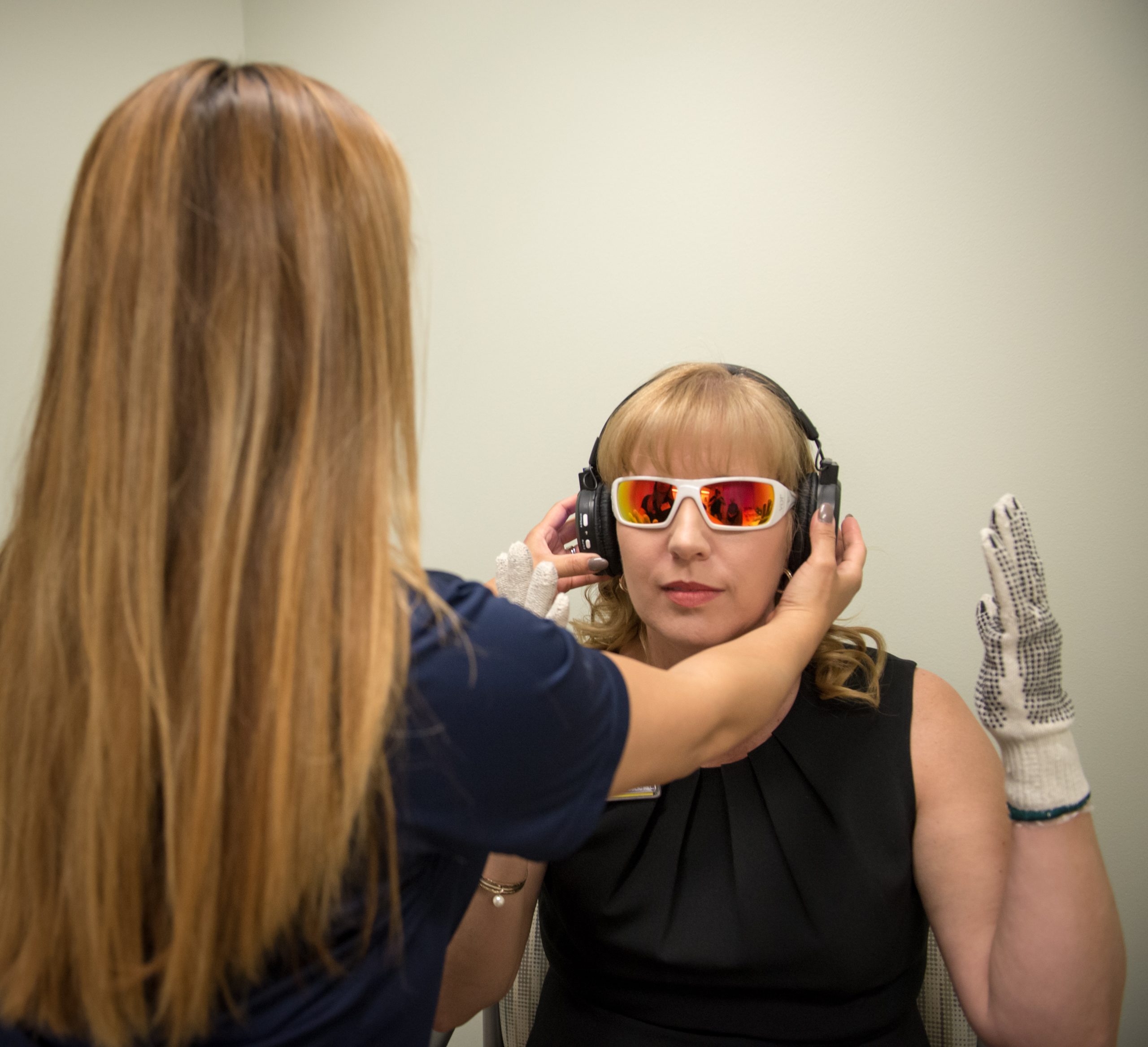
Virtual Dementia Tour
The Virtual Dementia Tour is the original patented, evidence-based scientific method of building a greater understanding of dementia by building awareness and empathy in individuals caring for peopole living with dementia.

About the Virtual Dementia Tour
The Virtual Dementia Tour temporarily alters participants’ physical and sensory abilities using sensory tools and instruction based on research conducted by P.K. Beville, geriatric specialist and founder of Second Wind Dreams®.
- When used regularly, the Virtual Dementia Tour has been shown to decrease psychoactive medication and acute hospitalization for behavioral incidents.
- The Virtual Dementia Tour offers hope by providing practical ways to provide insight and support.
- More than 3 million people have experienced the Virtual Dementia Tour and it is used in a variety of settings including healthcare, higher education, and the community.
- The Virtual Dementia Tour meets and exceeds federal mandates for additional training for every healthcare entity providing care to people with memory impairments.
Trained facilitators guide participants outfitted with patented devices that alter their senses while they try to complete common everyday tasks and exercises. The Tour enables caregivers to experience for themselves the physical and mental challenges those with dementia face, and use the experience to provide better person-centered care. And here’s another special feature… proceeds from the Virtual Dementia Tour are used to fulfill the mission of Second Wind Dreams to make dreams come true for elders who live in long-term care.
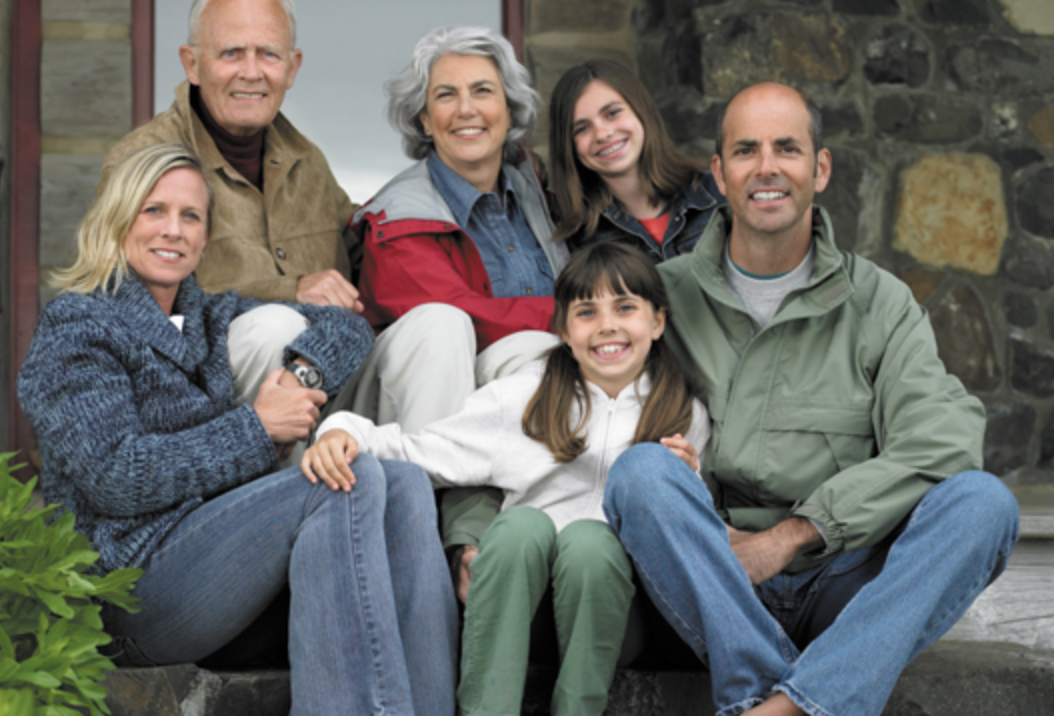
Family
Our Certified VDT Professionals help you understand your loved one’s dementia.
Do you think you can offer this kind of training?
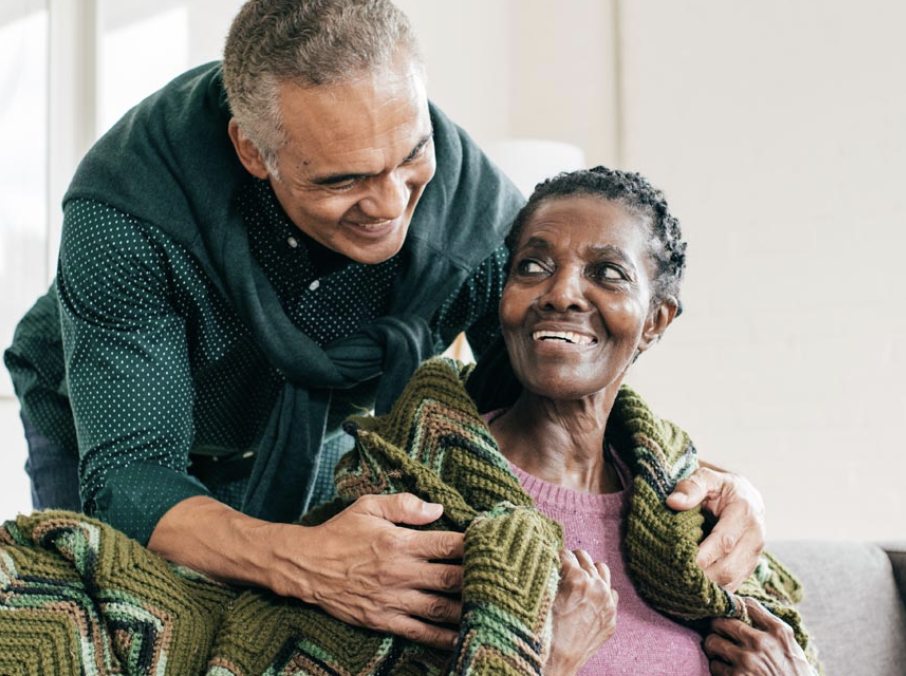
Mealtime
Experience what dinner time is like for a person with dementia and understand how you can help.
Do you think you can offer this kind of training?
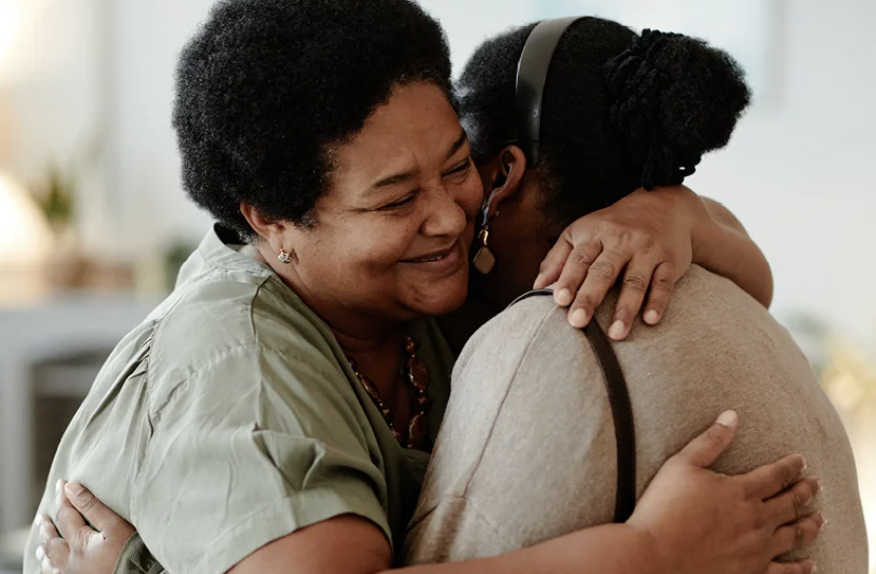
Inclusive
Experience what dementia is like with standard care in a person centered environment.
Do you think you can offer this kind of training?
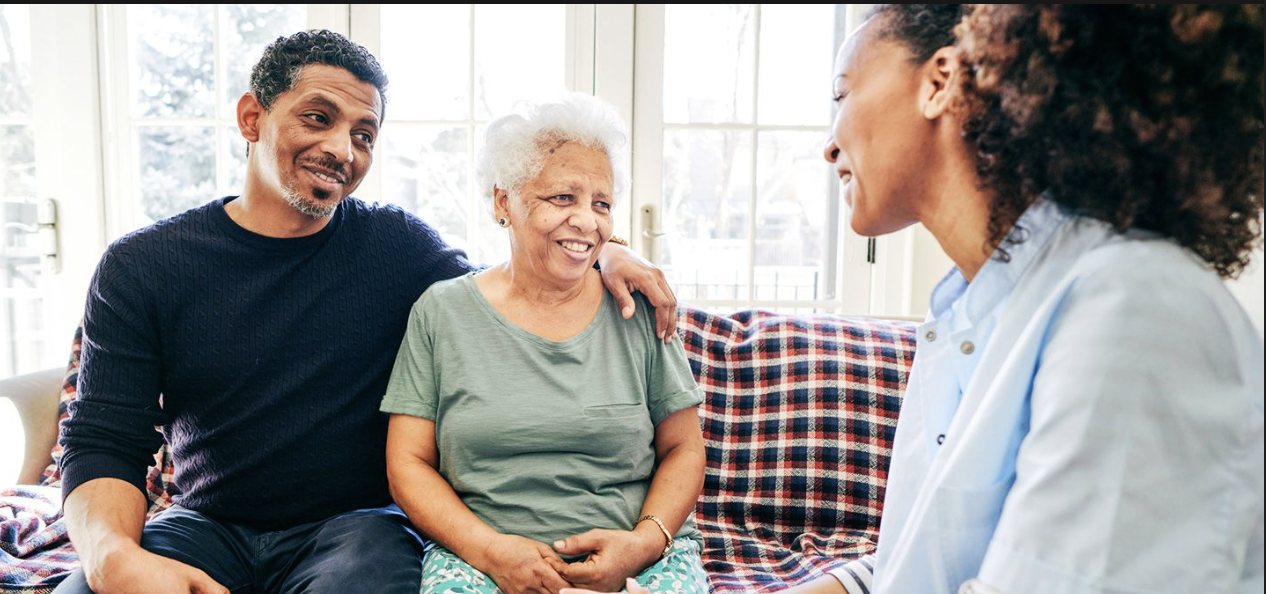
Dental
This specialize program simulates what a visit to the dentist office feels like for a person with dementia.
Do you think you can offer this kind of training?

Hospital
This specialize program simulates what a visit to the hospital feels like for a person with dementia.
Do you think you can offer this kind of training?

Traditional
Receive high-quality dementia training for your staff. We can conduct the Tour for up to 60 participants per day.
Do you think you can offer this kind of training?
VDT Testimonials

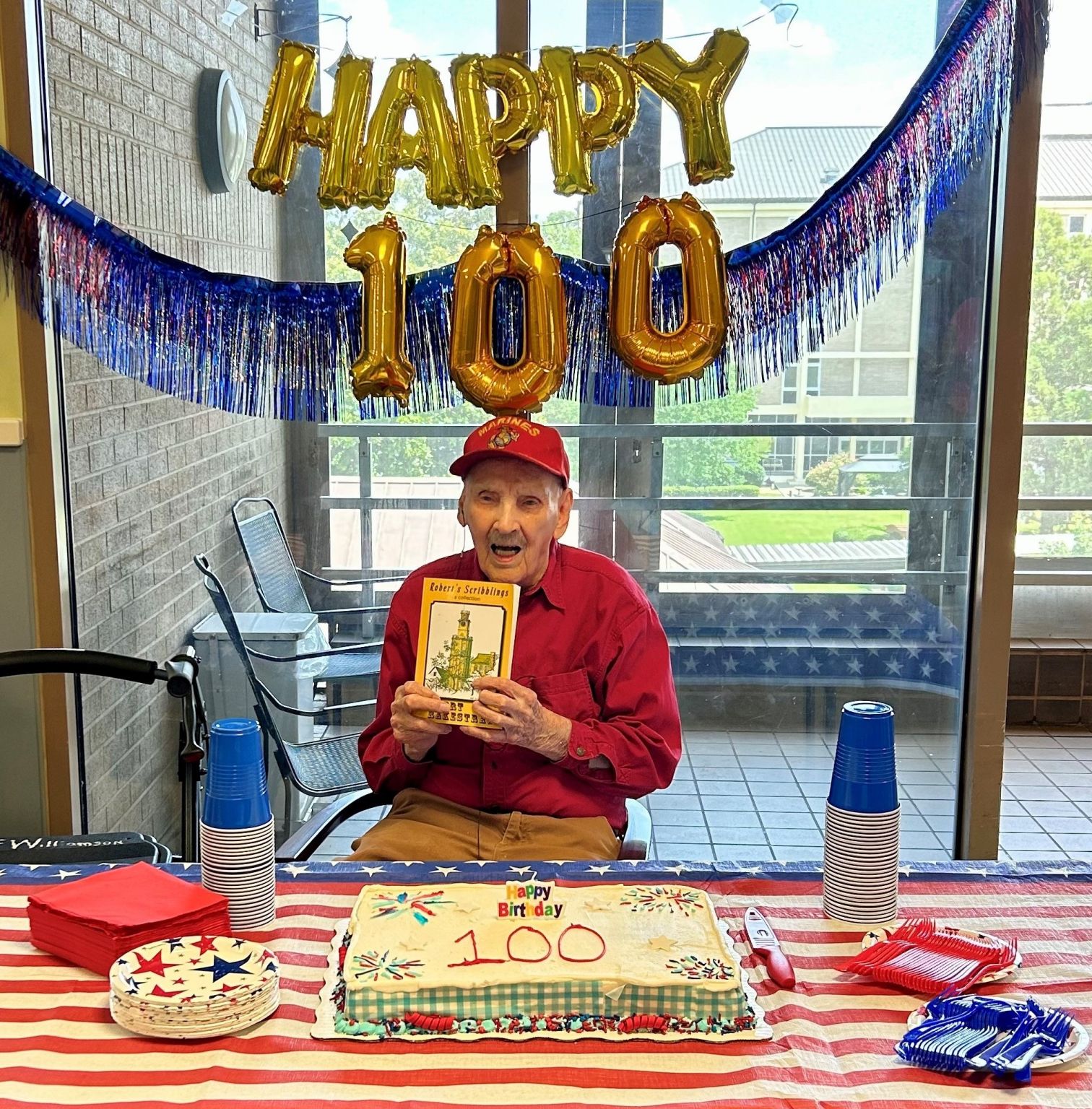
Your Donation Helps Fund Dreams
Commit to "Changing the perception of Aging" and donate to Second Wind Dreams today! Help us continue our efforts to create more empathetic care, fulfilling elder's dreams, and continue research for those who suffer from dementia. Every dollar you give benefits those affected by Dementia. From face-to-face support and online education programs to promising worldwide research initiatives, your donation makes a difference.
